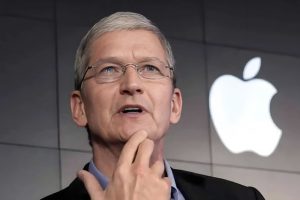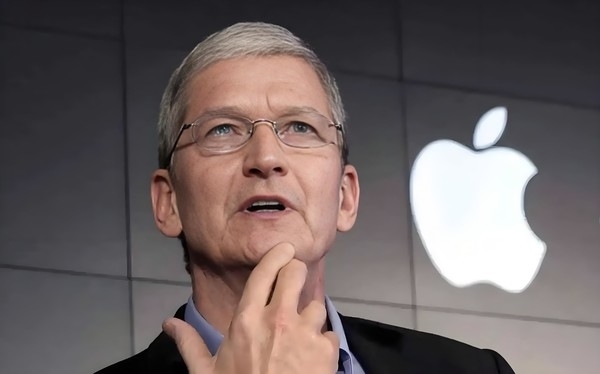May 24 2025 – A tech media outlet, The Verge, reported yesterday that the News/Media Alliance has launched a scathing critique against Google’s newly unveiled AI Mode, labeling it as “theft” for allegedly siphoning traffic and revenue from publishers.
During its annual I/O Developers Conference on Tuesday, Google announced the nationwide rollout of AI Mode to all U.S. users. Integrated directly into a new tab within search results, the feature generates AI-driven responses to user queries while appending relevant links.
In a statement released on Wednesday, the News/Media Alliance accused Google of undermining publishers’ livelihoods. The organization argued that links are the primary channel through which publishers derive traffic and revenue, yet AI Mode appropriates content without compensation. Alliance CEO Danielle Coffey condemned the move as “stealing,” asserting that Google’s actions are eroding publishers’ economic interests.

Adding fuel to the controversy, internal documents disclosed by Bloomberg this week—part of an ongoing antitrust trial against Google’s search monopoly—revealed that the company deliberately chose not to seek publishers’ consent before integrating their content into AI-powered search features. Instead, publishers wishing to opt out of AI usage face the draconian choice of withdrawing entirely from Google’s search results.
Google Search chief Liz Reid defended the decision in testimony, arguing that enabling publishers to opt out on a feature-by-feature basis would create “unmanageable complexity.” She claimed that maintaining separate models for individual search features would render the system unworkable.
The backlash has intensified, with the News/Media Alliance urging the Department of Justice to intervene decisively and curb Google’s dominance over the internet ecosystem.
This escalating dispute underscores the growing tension between tech giants and content creators over ownership, fairness, and the future of digital publishing.












